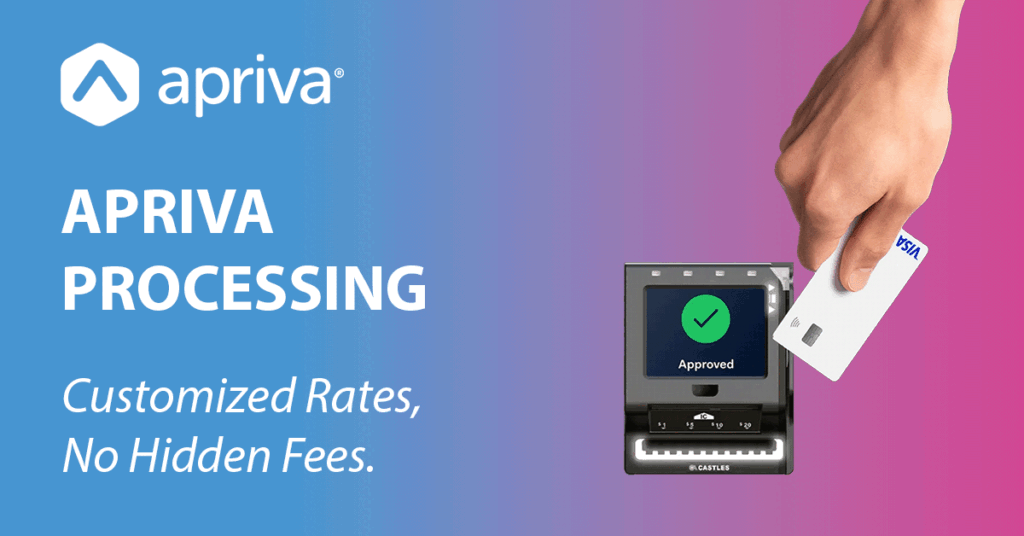Most people would agree that having more options is better than having less. Whether we are picking the color of a car, buying a new pair of shoes or deciding what is for dinner, we are more likely to be satisfied when we are able to choose the option that best fits our needs.
The same is true for vending operators and their customers. Operators need to be able to serve their customers at any time, no matter how they choose to pay, and modern vending solutions must accept many different types of payments. This is especially important as customers are carrying less cash, adopting EMV cards and starting to make payments using mobile technologies, including NFC-enabled devices, Apple Pay and Android Pay. By accommodating a variety of payment options, vending operators also have the opportunity to set themselves apart from the competition while maximizing sales. So clearly it is necessary for vending operators to stay current and meet the point-of-sale (POS) needs of their customers as well.
There are many good reasons to believe that cashless vending is a trend that cannot be ignored. Consumers benefit from these forms of payment because they offer quicker, more efficient and personalized services, while vending operators have opportunities for increased revenues from being able to reach a much broader audience. They also are at a lower security risk since vending operators do not have as much cash on hand.
And studies reflect that consumers are eager for these benefits as well. According to a 2015 study from Coca-Cola USA, 87 percent of Millennial men and 78 percent of Millennial women described themselves as being “on the cutting edge” of technology. With this group accounting for an ever-increasing share of the nation’s discretionary spending by consumers, they are a vital audience to whom vendors should cater.
Universities are often the first frontier for tech advances, and we recently announced that we are the only cashless payment gateway established with all major campus card service providers, including CBORD, Blackboard/CardSmith, Atrium and Heartland Campus Solutions ECSI. We have also established agreements with the University of British Columbia and other universities that implement their own campus card programs. This move enables more than 2,400 campuses to have student cards that can be used to make cashless payments at vending machines.
We’re continuing to form partnerships beyond the campus as well, because payment options are important to vendors, but so are choices in processors. That is one of the key benefits of the Apriva Gateway – it can connect any device with any payment processor. This allows vendors to choose the processing solution that best fits their customer base, business strategy and billing preferences.
Providing more choices is a win-win situation for all involved, and we believe that we have only just scratched the surface of the exciting possibilities of vending technology. We can’t wait to see what surprises are in store for the entire vending industry in the months and years to come.
What current trends in vending technology excite you the most? We’d love to hear your thoughts, so drop us a line on our Twitter handle at @Apriva.
– James Lawrence, Vice President, General Manager, Vending and Campus Markets





